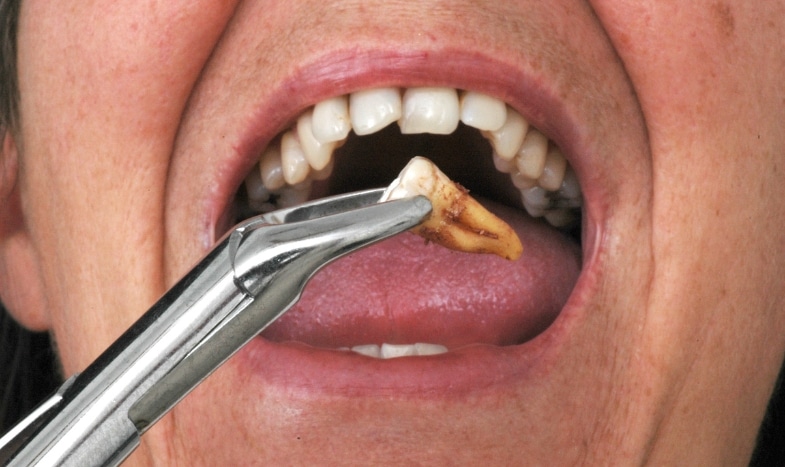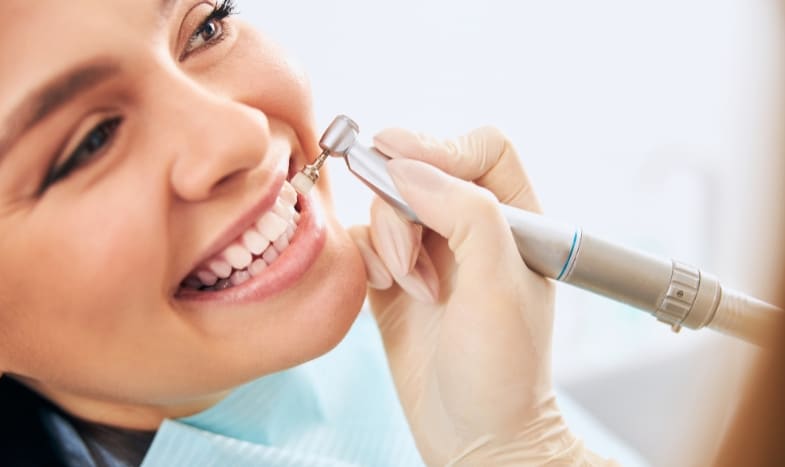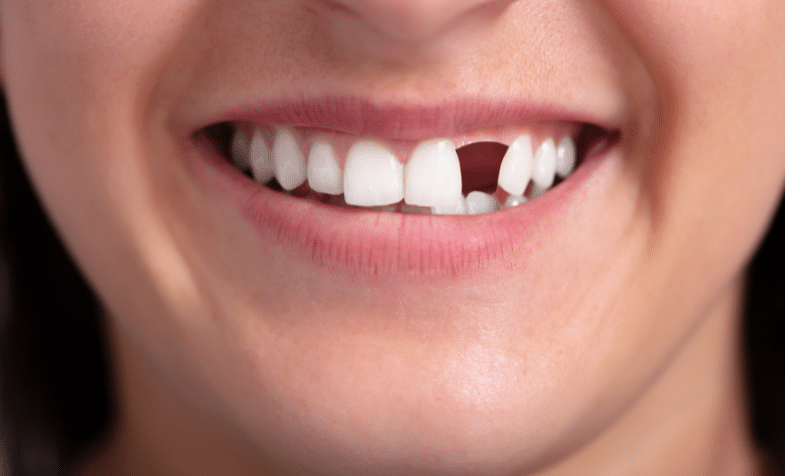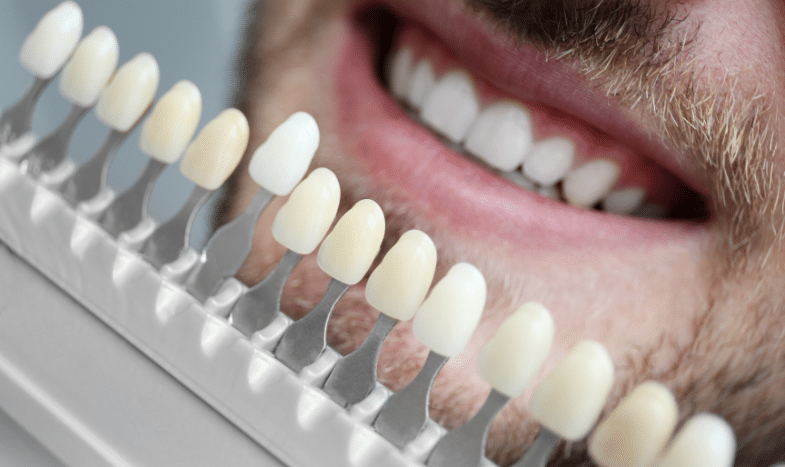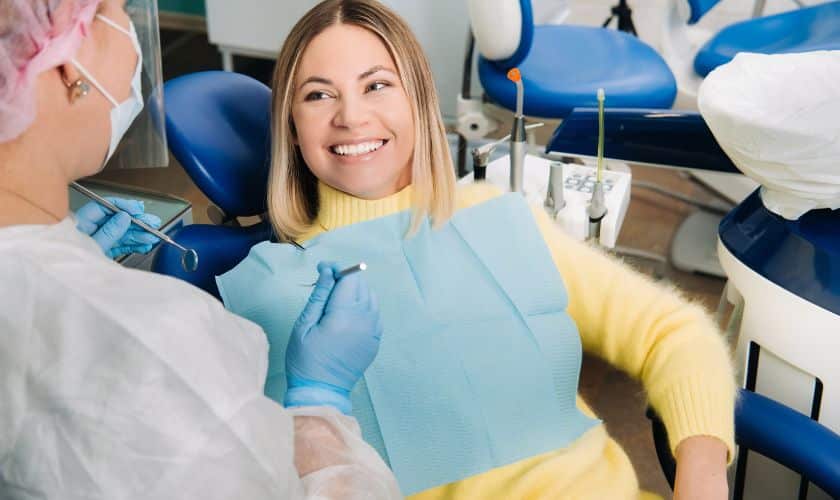
How Poor Oral Hygiene Increases Your Risk of Heart Disease
Oral hygiene is often overlooked when it comes to our overall health, but poor oral hygiene can have a dramatic effect on our risk of developing heart disease. In this article, we’ll explore how poor oral hygiene increases your risk of heart disease and what steps you can take to ensure good oral hygiene. We’ll also cover some frequently asked questions about the connection between Oral Hygiene and Heart Disease so that you’re better prepared for any discussions with your doctor or dentist about Oral Hygiene.
What is Oral Hygiene?
Poor Oral Hygiene, also known as dental caries, is an accumulation of plaque, calculus (calcified deposits), food particles, and bacteria in the mouth which can lead to tooth decay and gum disease. Oral Hygiene is the practice of keeping one’s mouth clean and free from infection by brushing, flossing, and using an antiseptic mouthwash.
Oral Hygiene and Heart Disease
Studies have shown that poor Oral Hygiene can increase your risk of developing heart disease. Research suggests that bacteria present in Oral Hygiene plaque can enter the bloodstream through inflamed gums, leading to artery-clogging deposits on the walls of arteries (atherosclerosis). This narrowing of arteries restricts blood flow to vital organs such as the heart, which can lead to stroke or other cardiovascular events. It has also been observed that even mild Oral Hygiene problems are associated with a higher risk of a heart attack.
Oral Hygiene and Stroke Risk
Poor Oral Hygiene is also associated with an increased risk of stroke, which occurs when a clot or other blockage interrupts the flow of blood to the brain. The bacteria in Oral Hygiene plaque can travel through the bloodstream and damage the walls of arteries, leading to a buildup of cholesterol that can lead to narrowing or blockage in the carotid artery (the major artery supplying blood to the head and neck). This narrowing restricts blood flow to vital organs such as the brain, increasing your risk for stroke.
How Can You Improve Oral Hygiene?
There are several steps you can take to improve your Oral Hygiene. Regular brushing and flossing are essential for Oral Hygiene and should be done at least twice a day, preferably after meals. It’s also important to use an antiseptic mouthwash to kill any bacteria that may have accumulated in your Oral Hygiene. Finally, it’s important to visit your dentist regularly so they can monitor the health of your Oral Hygiene and help you identify any potential Oral Hygiene issues before they become serious.
Oral Health Habits
In addition to regular brushing and flossing, there are certain Oral Health habits that you can adopt in order to ensure good Oral Hygiene. For example, limiting sugary snacks is essential as sugar encourages bacteria growth in the mouth. Cutting down on smoking is also important as it can lead to Oral Hygiene issues such as tooth staining, gum disease, and bad breath. Finally, it’s essential to limit your consumption of alcohol as it can cause Oral Hygiene issues such as the dry mouth and an increased risk of Oral Cancer.
Practicing Healthy Oral Habits
Practicing healthy Oral Hygiene habits is key to protecting your Oral Health. This includes brushing twice a day with fluoride toothpaste, flossing daily, and using an antiseptic mouthwash after meals. Additionally, you should regularly visit your dentist for regular check-ups and cleanings in order to identify any potential Oral Hygiene problems before they become serious.
The Bottom Line
Oral Hygiene is an important aspect of overall health and well-being. Poor Oral Hygiene can lead to a number of serious Oral Health issues, including an increased risk of heart disease and stroke. It’s essential to practice good Oral Hygiene habits such as brushing twice daily with fluoride toothpaste, flossing daily, using an antiseptic mouthwash after meals, and visiting your dentist regularly for checkups and cleanings. By following these Oral Hygiene tips, you can ensure that your Oral Health remains in top condition for years to come!
Oral Hygiene refers to the practice of keeping one’s mouth clean and healthy by brushing, flossing, and using an antiseptic mouthwash.
Oral Hygiene offers several benefits, including improved Oral Health, a lowered risk of gum disease and tooth decay, as well as a decreased chance of developing heart disease or stroke.
It’s recommended that you visit your dentist at least twice a year for Oral Hygiene checkups and cleanings. This will help identify any potential Oral Hygiene problems before they become serious.
